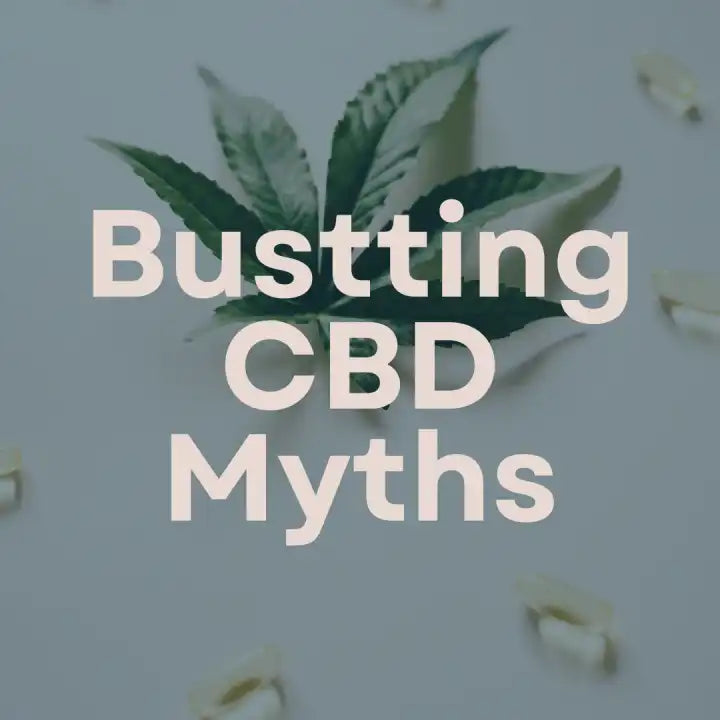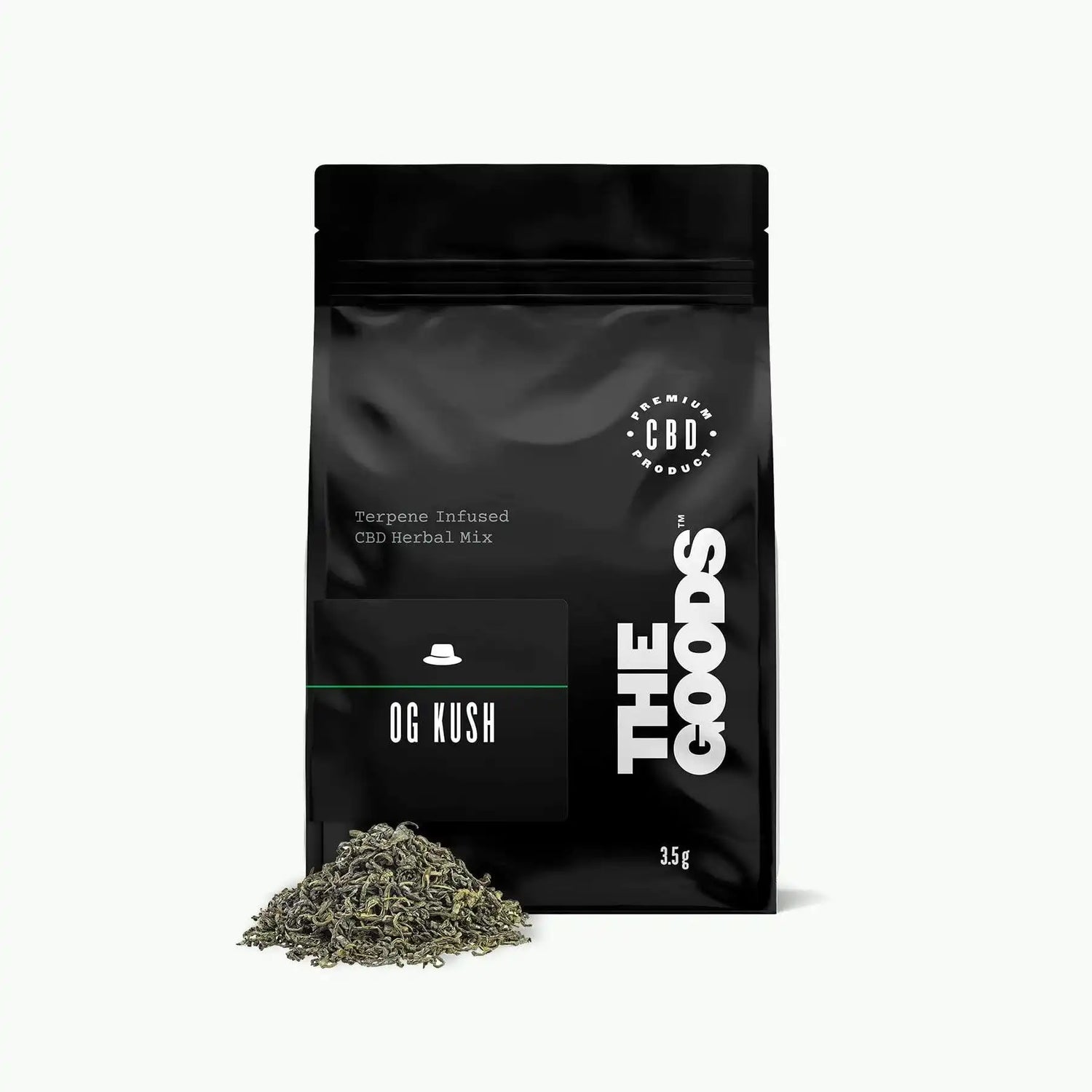
CBD Myths vs. Facts: Dispelling Common Misconceptions
In recent years, CBD (cannabidiol) has surged in popularity as a natural remedy for various ailments, ranging from anxiety and pain to insomnia and inflammation. However, along with its rise in popularity, CBD has also become a subject of misinformation and myths. In this article, we'll delve into some of the most common myths surrounding CBD and separate fact from fiction, empowering readers with accurate information to make informed decisions about incorporating CBD into their wellness routines.
Myth #1: CBD Gets You High like Marijuana Fact: One of the most prevalent misconceptions about CBD is that it produces a "high" similar to that of marijuana. In reality, CBD is non-psychoactive, meaning it does not cause intoxication or euphoria. Unlike its counterpart THC (tetrahydrocannabinol), which is responsible for the psychoactive effects of marijuana, CBD interacts with different receptors in the endocannabinoid system, exerting therapeutic effects without altering consciousness.
Myth #2: CBD Is Illegal Everywhere Fact: While CBD's legal status has been subject to confusion and regulatory changes, it is not inherently illegal everywhere. In the United States, the 2018 Farm Bill legalized the cultivation and sale of hemp-derived CBD products containing less than 0.3% THC. However, laws regarding CBD vary by state and country, so it's essential to familiarize yourself with local regulations before purchasing or using CBD products.
Myth #3: All CBD Products Are the Same Fact: Not all CBD products are created equal. CBD products vary in terms of potency, purity, and formulation, depending on factors such as extraction methods, sourcing, and third-party testing. Full-spectrum CBD contains a wide range of cannabinoids and terpenes, while CBD isolate contains pure CBD with no other compounds. Broad-spectrum CBD falls somewhere in between, containing multiple cannabinoids but no THC. Understanding these distinctions can help consumers make informed choices when selecting CBD products.
Myth #4: CBD Is a Cure-All Fact: While CBD shows promise in addressing various health concerns, it is not a miracle cure-all. CBD's effects can vary depending on individual factors such as dosage, bioavailability, and the specific condition being treated. While some users may experience significant relief from symptoms such as pain, anxiety, or inflammation, others may not respond as favorably. Additionally, CBD is not a substitute for professional medical advice or treatment, and individuals should consult with healthcare providers before starting any new regimen.
Myth #5: CBD Has No Side Effects Fact: While CBD is generally well-tolerated, it can cause side effects in some individuals, particularly at higher doses. Common side effects may include dry mouth, drowsiness, diarrhea, and changes in appetite or weight. Additionally, CBD may interact with certain medications, so it's essential to consult with a healthcare provider, especially if you're taking prescription medications or have underlying health conditions.
Separating fact from fiction is crucial when it comes to understanding CBD and its potential benefits. By dispelling common myths and misconceptions, we can foster a more informed and responsible approach to incorporating CBD into our wellness routines. As the CBD landscape continues to evolve, staying educated and consulting reputable sources can help consumers make empowered choices for their health and well-being.

